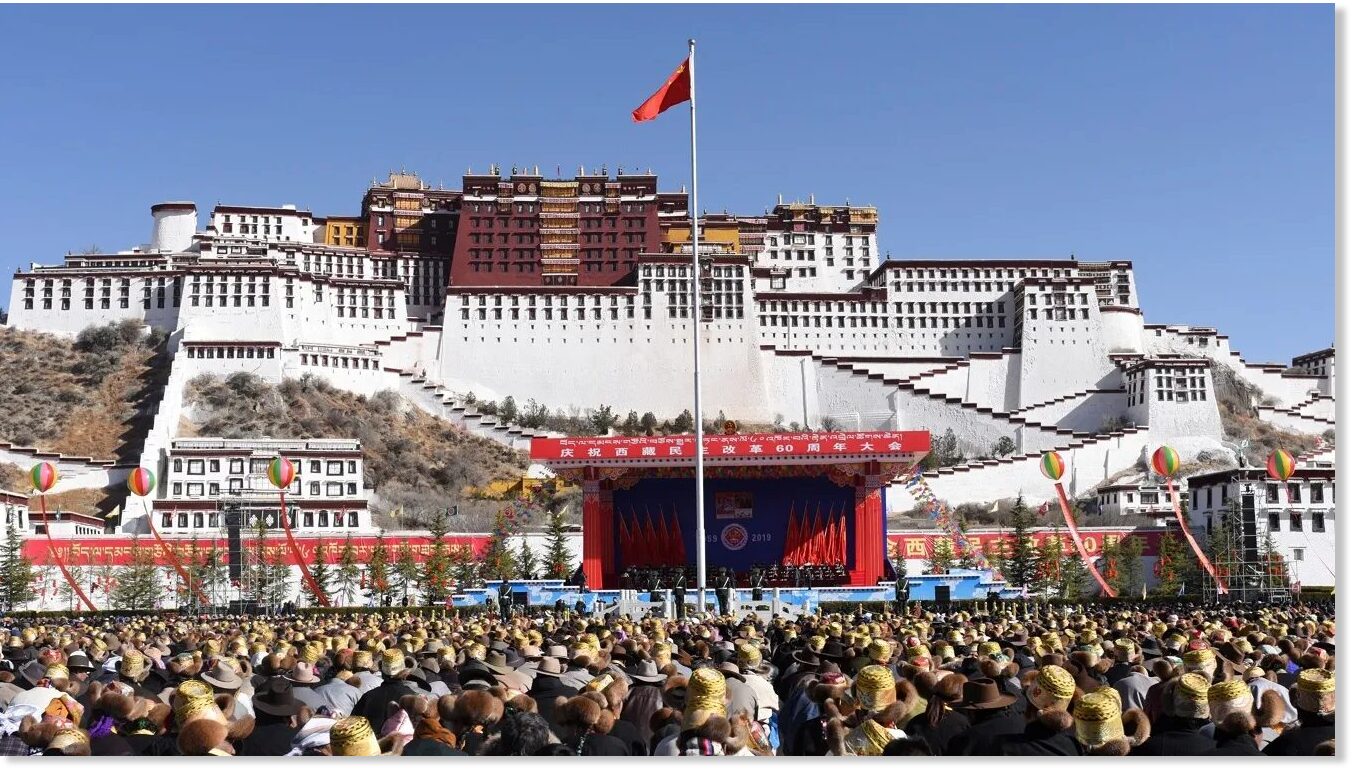In a Jerusalem Post article a survey of Jewish and Arab students and teacher's perceptions shows a marked difference in in how they perceive one another. It seems like the jews foster much more negative news of the arabs than vice versa, but that mutual dislike was strongly mitigated by exposure and interaction with people of different backgrounds.

 www.jpost.com
www.jpost.com
Abraham Initiaves push Education Minister for more cross-cultural meets | The Jerusalem Post
A survey of Jewish and Arab students and teachers' perceptions shows asymmetrical views, but interaction fosters positivity and empathy.
Summary of the results
The first subject that the Initiative’s letter raised concerns regarding hatred between the two groups. According to the survey, nearly half of the Jewish students (40%) reported high levels of hatred. In contrast, within the Arab population, less than a sixth (11%) reported high levels of hatred, and a third (30%) reported medium levels of hate toward their Jewish counterparts.
Among teachers, the figures were lower, with a little less than a quarter (23%) of the Jewish teachers and less than a tenth (9%) of the Arab teachers reporting high levels of hatred.
When asked about the levels of exposure each group has to members of the other group, most (81%) Jewish students reported that they do not interact with their same-age Arab peers. Less than a tenth (9%) reported that they frequently interact with Arab students.
Among Arab students, half of the participants reported frequent interactions with Jewish students. Among teachers, there is a similar gap between levels of interaction, where most (82%) of the Arab teachers interact with Jewish teachers frequently as opposed to only half of the participating Jewish teachers.
In addition to examining levels of negative feelings and interaction with others, the survey also tested for levels of knowledge and understanding of their cultural counterparts. According to the survey, compared to Jewish teachers, more Arab teachers report familiarity with the challenges and culture of the Jewish people.
Moreover, a little over a quarter (26%) of the Arab teachers reported empathy toward Jews, while only a little over a tenth (14%) of the Jewish teachers could report the same thing concerning Arabs.
...
Positive effects of interacting
Additionally, “an encouraging result of the survey is a significant positive correlation between interaction and views,” the letter stated.
According to the letter, the percentage of students and teachers who reported that they would feel fine had a family of the other cultural group lived near them was nearly three times higher after they met and interacted with members from the other cultural group.
Participants' views on the levels of hate became considerably lower post-interaction, while levels of affection rose.
The letter summarized the presented data, stating, “the significant positive effects of interaction between the two cultural groups clearly raised the need to dramatically expand interactions between Jews and Arabs that are in the Education system.”


